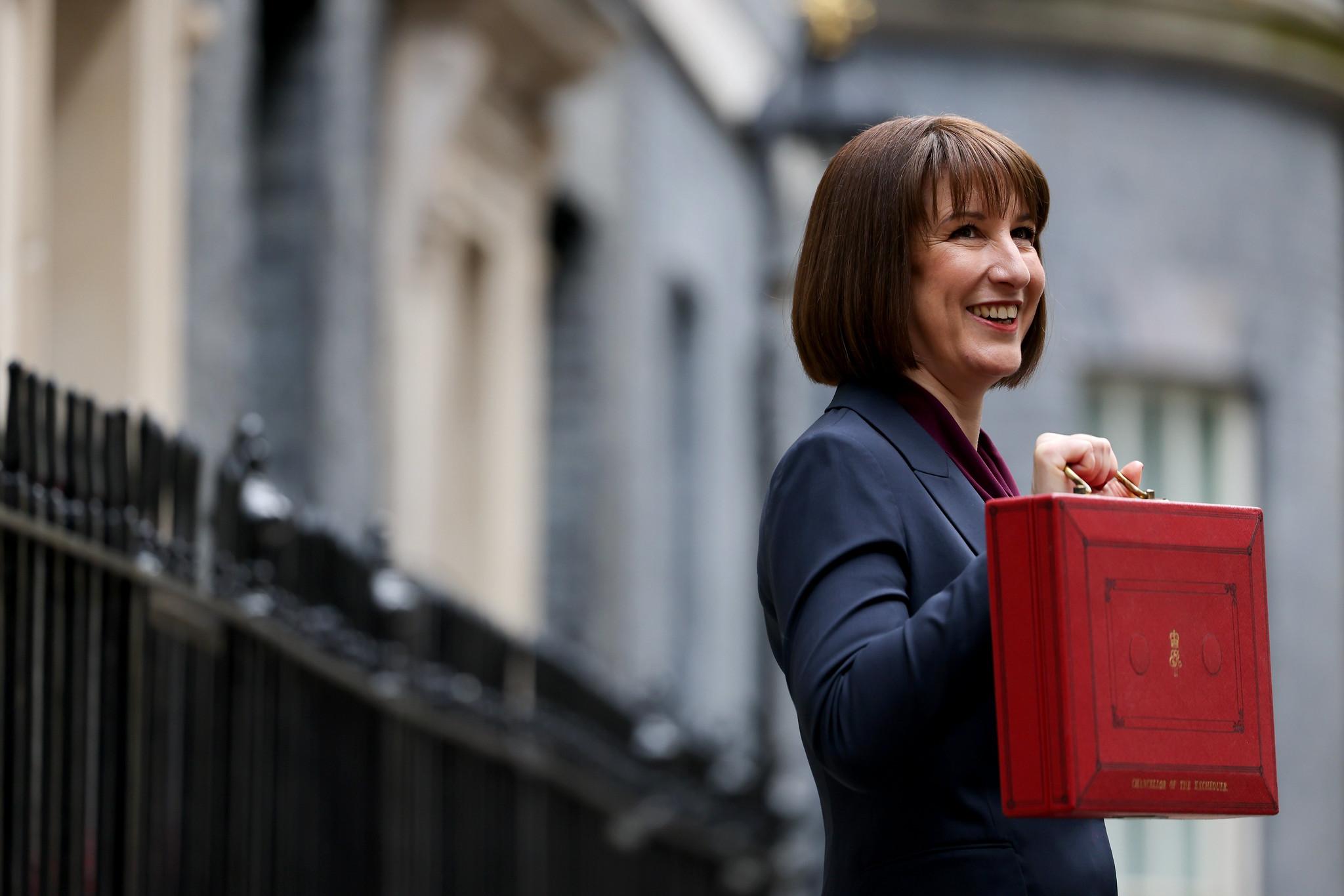Budget 2024: employment allowance doubled to £10.5k
by Sara White, Editor, Business & Accountancy Daily
To counter the impact of the 1.2% hike in employer’s national insurance contributions to 15%, the employment allowance will be increased
To support small businesses with these changes, the government is increasing the employment allowance from £5,000 to £10,500 and removing the £100,000 threshold, expanding this to all eligible employers.
From April 2025, the removal of the employment allowance cap means employers with ER NIC liabilities over £100,000 in the previous tax year (but which are otherwise eligible) will be able to claim the full £10,500 amount, the Treasury policy costings confirmed.
The increase in the allowance means that 865,000 employers will pay no NICs at all next year.
The decision is designed to partly offset the increase in the rate of employer NICs to 15% and reduction in the per-employee threshold from £9,100 per year to £5,000 per year from 6 April 2025. This threshold will continue to rise in line with CPI from 2028-29.
Craig Beaumont, executive director at the Federation of Small Businesses (FSB), said: ‘The substantial increase in the employment allowance is hugely welcome, putting up to £10,500 into the pockets of small employers by decreasing the jobs tax on small businesses.
‘The EA was FSB’s original proposal for a work-based tax incentive; so to see this with a record increase is very positive.
‘In a tax-raising budget, the Chancellor is setting a tone for the rest of the parliament on economic policy that small businesses will be protected and helped to grow and recruit.’
Although there is a six-month lead time for introduction of a higher rate of NI for employers, businesses will still need to review their budgets and allow for higher employment costs. The above-inflation rise in the national living wage by 6.7% will also have to be factored in.
Becky Bowness, tax partner at Armstong Watson said: ‘The increase in national minimum and living wage coupled with the increase in employers’ National Insurance contributions (and the reduced threshold when this is payable) will have a significant impact on businesses despite the increase in employment allowance for small businesses.
‘Inevitably, this will have an impact on employees as businesses may not be able to pass this cost on in full to their customers so we could see cuts in headcount and reduction in pay increases.’
Les Roberts, business comparison expert at Bionic, said: ‘This will likely be seen as a tough Budget for small business owners. Lowering the rate at which employers start paying NICs on employees’ earnings and increasing the rates they pay means staff costs will be more expensive.
‘To help alleviate the pressure on smaller businesses, the employment allowance will increase. Even so, many business owners will still feel they’re shouldering the biggest burden from this first Labour Budget.’
While the increase in the allowance was welcomed by most, Taxwatch warned: ‘A higher employment allowance has compliance risks for businesses splitting payrolls and makes HMRC’s tackling of avoidance harder.’






